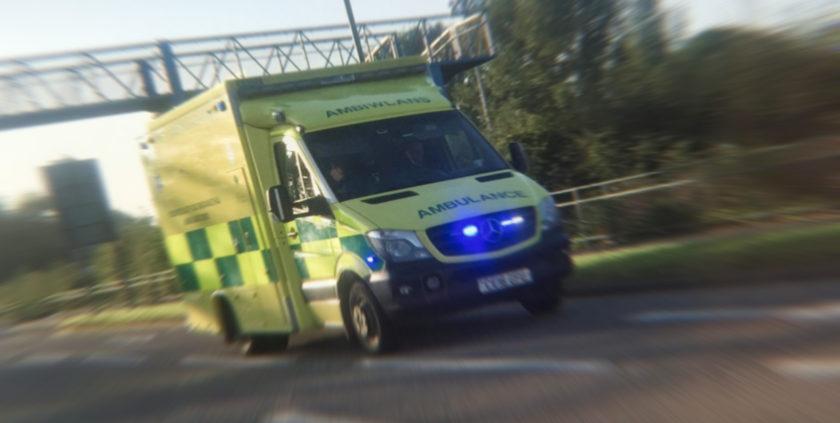Ambulance staff in Wales to stage two days of industrial action this month

More than 10,000 ambulance workers across nine trusts in Wales and England will strike on 21 and 28 December.
GMB Union has said 1,500 ambulance workers will walk out across Wales.
Paramedics, Emergency Care Assistants, call handlers and other staff will strike on 21 and 28 December, from 00:01 until 23:59 each day.
Workers across the ambulance services and some NHS Trusts have voted to strike over the Government’s imposed 4 per cent pay award – another massive real terms pay cut.
GMB representatives will now meet with WAS to discuss requirements for life and limb cover.
Rachel Harrison, GMB National Secretary, said:
“Ambulance workers – like other NHS workers – are on their knees.
“Demoralised and downtrodden, they’ve faced twelve years Conservative cuts to the service and their pay packets, fought on the frontline of a global pandemic and now face the worst cost of living crisis in a generation.
“No one in the NHS takes strike action lightly – today shows just how desperate they are.
“This is as much about unsafe staffing levels and patient safety as it is about pay. A third of GMB ambulance workers think delays they’ve been involved with have led to the death of a patient.
“Something has to change or the service as we know it will collapse.
“GMB calls on the Government to avoid a winter of NHS strikes by negotiating a pay award that these workers deserve.”
Responding to confirmation of strike action over the Christmas period, Matthew Taylor chief executive of the NHS Confederation, said:
“The prospect of industrial action over Christmas is very concerning to health leaders. Staffing urgent and critical care services will continue to be their number one priority and leaders will ensure their local communities understand how their specific services will be affected as this may vary from region to region.
“If ambulance staff, 999 call handlers and nurses walk out on consecutive days over the festive period then undoubtedly this will affect patient care and ambulance response times, despite everything the NHS is doing to prepare for these strikes. Health leaders are also concerned that the prospect of strike action may affect how people decide to engage with the NHS but the advice remains that if it is an emergency, it is vital they should still call 999.
“While leaders are concerned about the impact of the strike days, they understand how their staff are feeling. NHS staff are running on empty and are exhausted after giving their all during the pandemic and have very little in the way of respite for several years now.
“It is time for the government and the trade unions to get round the table, begin negotiations as soon as possible, and be prepared to compromise.”
Spotted something? Got a story? Email: [email protected]
Latest News
